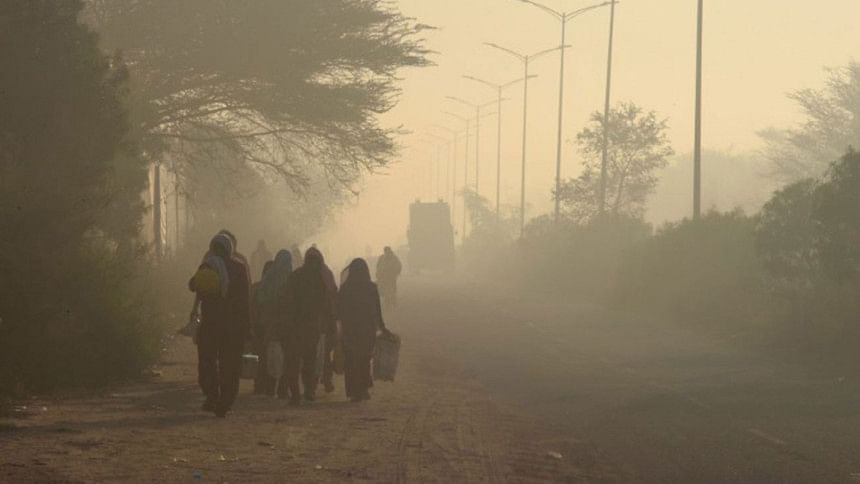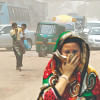Air pollution causes 8.8m early deaths every year

Air pollution causes 790,000 premature deaths every year in Europe and 8.8 million worldwide, doubling recent assessments, according to a study released Monday.
Between 40 and 80 percent of those excess deaths are caused by heart attacks, strokes and other types of cardiovascular disease underestimated up to now as a driver of smog-related mortality, researchers reported.
On average, a toxic cocktail of pollutants from vehicles, industry and agriculture shortens the lives of those who die prematurely by 2.2 years, they calculated.
Source: European Heart Journal
"This means that air pollution causes more extra deaths a year than tobacco smoking, which the World Health Organization (WHO) estimates was responsible for an extra 7.2 million deaths in 2015," said senior author Thomas Munzel, a professor at the University Medical Centre Mainz in Germany.
"Smoking is avoidable, but air pollution is not."
Small and larger particulate matter, nitrogen dioxide (NO2), sulphur dioxide (SO2) and ozone (O3) have likewise been linked to drops in cognitive performance, labour productivity and educational outcomes.
The new study, published in the European Heart Journal, focused on Europe, but the updated statistical methods were also applied to the rest of the world.
"The revised number for China is 2.8 million deaths per year," more than two-and-a-half times current estimates, lead author Jos Lelieveld, a researcher at the Max-Plank Institute for Chemistry in Germany, told AFP by email.
Findings for non-European countries will be published separately, he said.
The scientists applied the new Global Exposure Mortality Model to a much-expanded epidemiological database -- with updated figures for population density, age, disease risk factors, causes of death -- to simulate the way in which natural and man-made chemicals interacts with the atmosphere, itself composed of gases.
By far, most deaths were attributed to microscopic particles less than 2.5 microns in diameter, known as PM2.5.
By comparison, the average human hair is 60-to-90 microns thick.
"New data has become available for fine particulate matter indicating that the hazardous health impact of PM2.5 are much larger than assumed previously," said Lelieveld.

 For all latest news, follow The Daily Star's Google News channel.
For all latest news, follow The Daily Star's Google News channel. 








Comments